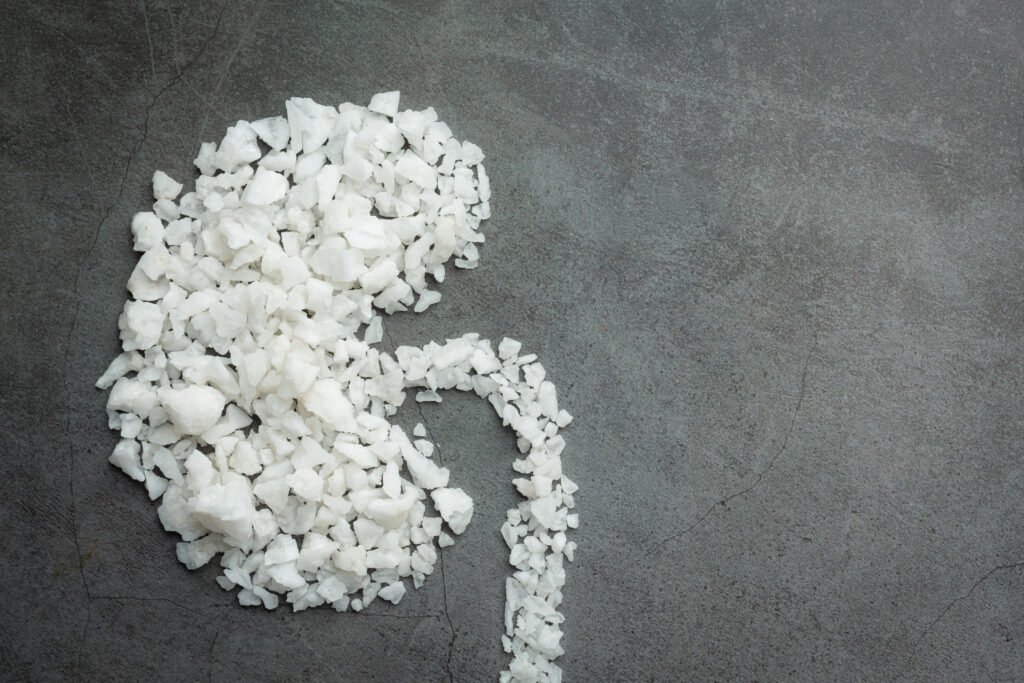Early Warning Signs: How to Detect Kidney Damage Before It's Too Late
How do you know if your kidneys are damaged or failing?
A decrease in the output of urine
You are drinking enough water, but the amount of urine output is low. It is not that you are urinating less or more often. The most important thing is how much you pee at a time. If your urine output is lower than your water intake, it could be a kidney problem. If the water doesn’t leave the body, where will it go? Water can go anywhere. So, in that case, swelling may occur in different parts of your body. For example, the feet may be swollen, the ankles may be swollen, and many people will see swelling under or around the eyes after waking up. This could be due to extra fluid retention.
Shortness of breath
What is shortness of breath? Suppose you see many people, if they run a little, they often breathe heavily or laugh. This increases the need for oxygen in our body. As a result, our bodies try to breathe more.
If your body accumulates water due to kidney failure. Do you know what happens when water accumulates in the lungs? If the water covers the places in the lungs where oxygen enters the blood, oxygen will not be able to pass through the lungs to the blood. If oxygen cannot go, then our body wants more oxygen supply. Your body will try to breathe more. Then you will feel that you are breathing a lot but your body is not getting enough. Weakness, dizziness, and nausea may also occur.
Confusion or indecision.
Indecision means whether you will do this or not, whether you will eat water or not, whether you will eat fish or meat. This can happen. In severe cases, there can be convulsions or coma.
Who is more likely to develop kidney disease
- One study found that 40% of all kidney patients included were diabetic. Diabetes is the biggest risk factor. If you have diabetes, you need to be very careful because you have to assume that at some point your kidneys may have a problem.
- Another risk factor is high blood pressure. Those who have high blood pressure should also take care of this matter urgently so that you do not have problems with your kidneys later. Because if there is high blood pressure, then the very small blood vessels in the kidneys which carry blood to the kidneys, their function may decrease day by day or they may get worse day by day. In this case, the kidneys can be damaged.
- Another risk factor is family history, which means that if someone in your family has kidney disease, your chances of getting it also increase a little.
- Another important thing is over-the-counter medicines such as paracetamol, aspirin, ibuprofen. If you feel a slight fever, but take paracetamol. If you feel a little bit of pain, take ibuprofen. In this case, it is seen that over a period of time, your kidneys will gradually deteriorate and over a period of time, it will become a big problem. Therefore, you need to be careful with these medications. Don’t take them if they are not necessary.
How can we keep our kidneys healthy for a long time?
If you have diabetes, get it under control.
Keep your glucose levels under control.
If you have high blood pressure, it is important to keep it under control.
Avoid foods that are high in cholesterol.
Reduce salt intake.
Reduce the consumption of meat.
And eat more vegetables and fruits.
Exercise if you can.
Weight should be kept at a certain level, not too much, not too little.
One of the most important is calcium. Many of us have the idea that the more calcium we take, the better. Calcium is good for our bones, good for our teeth, and good for many other things. The question is what happens if there is an excess of calcium in the body? It can then build up in the kidneys and cause kidney stones. Therefore, before taking calcium tablets, you should consult a doctor.

